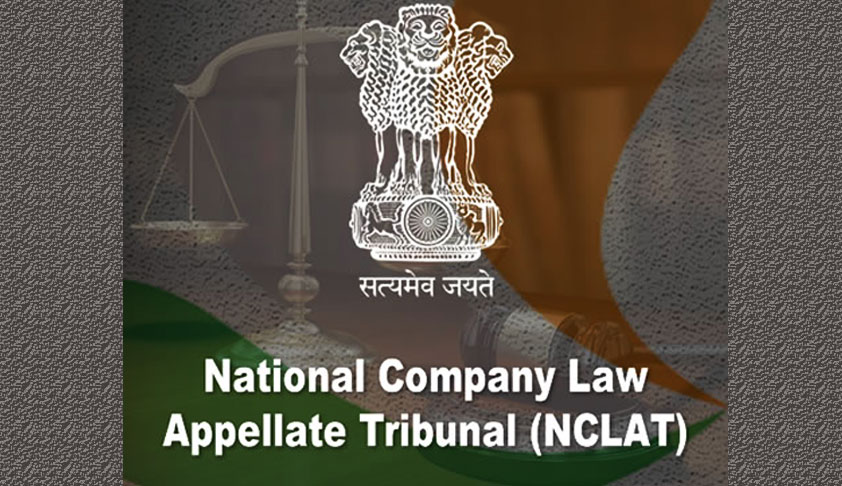IBC: Pendency Of Case U/S 138 & 141 NI Act Amounts To Admission Of Debt, Not Existence Of Dispute: NCLAT
Apoorva Mandhani
23 Nov 2018 3:57 PM IST

Next Story
23 Nov 2018 3:57 PM IST
The National Company Law Appellate Tribunal (NCLAT) has held that pendency of proceedings under Section 138/441 of the Negotiable Instruments Act, 1881 cannot be considered as a dispute pending before a court of law, and hence, cannot be used as a reason for rejection of an application under Section 9 of the Insolvency and Bankruptcy Code.A bench comprising Justice S.J. Mukhopadhaya...
